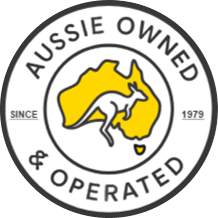If you have the necessary documentation, you can claim immediate deductions on many property related expenses. Each Investment Property and Landlord will have their own unique circumstances, purpose and timing, so there is no one set of expenses or formula that benefits all. By preparing with a professional, a tailored solution will always give you the best tax investment results. To begin with, are you claiming correctly activities like these?
- Advertising for Tenants
- Bank Charges
- Body Corporate fees
- Cleaning
•
- Council Rates
- Electricity and Gas
- Gardening and Lawn Mowing
- In-house Audio/Video Service Charges
- Insurance – Building, Contents, Public Liability
- Interest on Loans
- Land Tax
- Legal Expenses
- Lease Costs - Preparation, Registration
- Mortgage Discharge Expenses
- Pest Control
- Property Agent’s Fees and Commission
- Quantity Surveyor’s Fees - depprot
- Repairs and Maintenance
- Secretarial and Bookkeeping fees
- Security Patrol Fees
- Servicing Costs – for example, servicing an air conditioner
- Stationery and Postage
- Telephone Calls
- Tax-Related Expenses
- Water Charges
- And many more…

